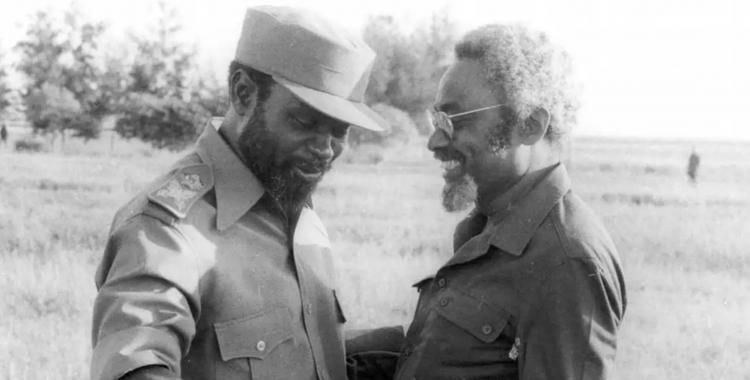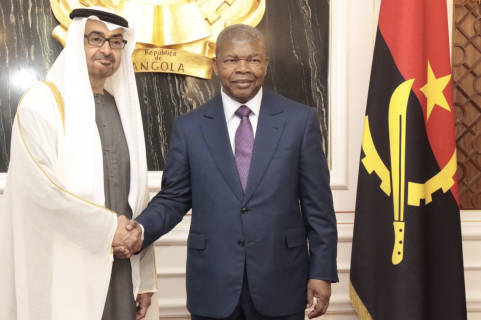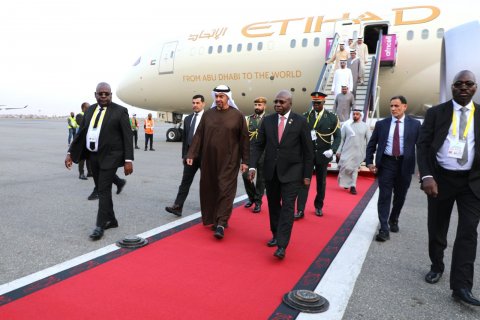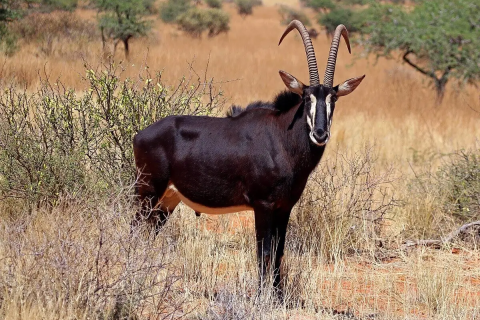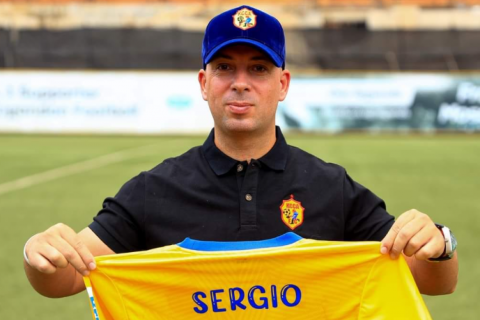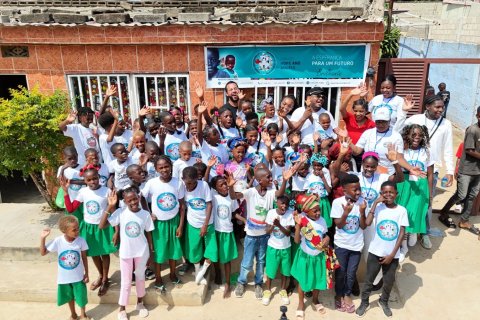The institute's theme for all its events this year is "Marginalized Memories", the organization's cultural programming coordinator in Angola, Ngoi Salucombo, explained to Lusa.
"We wanted to do a film cycle with African films and then we just had to identify which productions fit the theme, which is very important for us because it coincides a little with the issue of Angola's 50th anniversary of independence [which is celebrated on November 11], in which there are realities and people who continue to be marginalized", declared Salucombo.
That is precisely why they chose the documentary "Mário", by Billy Woodberry, about Mário Pinto de Andrade, one of the founders of the MPLA (Popular Movement for the Liberation of Angola), a figure they consider to have been erased from the country's history, to be shown on the first day of the film cycle, on May 22.
"I usually say that he [Mário Pinto de Andrade] is truly an example of a marginalized memory, that is, he is someone, he is a super important character in the History of Angola, but that the post-independence generation practically doesn't know", he lamented.
"My generation, from the 80s, [from the period] right after independence, still doesn't address certain themes. So that's why some films were identified, from other African nations too, because this is a transversal African reality," he added.
The curator of the films explained that the choice of other content was aimed at "expanding the location of the African stories" viewed.
Thus, they did not want to restrict themselves to Portuguese-speaking African Countries (PALOP) so that Angolan society could learn about narratives from other nations on the continent, which, as a rule, are not consumed in the country, he said.
"What often happens is that we Angolans are close to other PALOP countries, due to the language issue, but we have almost no connection with other countries, even if they are close, due to the fact that they speak other languages that we do not know", he stressed.
"At no point did we say that we didn't want PALOP films, but our intuition was to look for stories that are close to us, [but which are] African realities that we have no contact with" especially because in Angola, except for audiovisual content from PALOP, "African content is hardly consumed", he said.
For Salucombo, this brings the challenge of subtitles, "because it is very difficult to find subtitles for African content in Portuguese.”
Five documentaries will be shown between May 22 and 25 in Luanda (Cine São Paulo), São Tomé and Príncipe (Cacau), Bahia, Brazil (Casa de Angola in Bahia) and Berlin (Sinema Transtopia). The event is free everywhere except in Berlin, as the space is rented and tickets cost nine euros, he explained.
The films that will be showing are: "Mario" (Angola), "Don't Be Tardy for My Funeral" (South Africa), "No Easy Way Home" (South Sudan), "Our Land, Our Freedom" (Kenya) and "Dahomey" (Benin).
This institute, which has existed since 2009, was the first in Germany in Portuguese-speaking Africa and aims to develop cultural exchange, according to the entity's press release.

